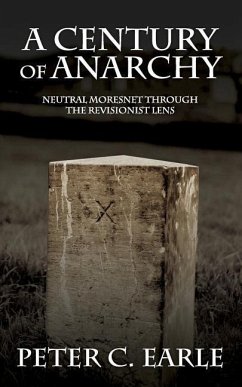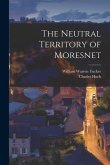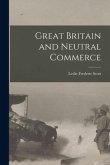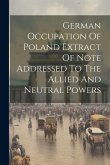Could a community without a central government avoid descending into chaos and rampant criminality? Could its economy grow and thrive without the intervening regulatory hand of the state? Could disputes between citizens be settled if there existed no state monopoly on legal judgments? Apparently, the answers to these questions are yes, yes, and yes. Indeed, if the strange and little-known case of the condominium of Neutral Moresnet - a tiny wedge of disputed territory in northwestern Europe - acts as our guide, we must conclude that statelessness is not only possible but beneficial to progress, carrying profound advantages over coercive bureaucracies. The remarkable enterprise that was Moresnet was an unintended consequence of the Napoleonic Wars (1803-1815). Created as a triangle of neutral territory between Prussia and the Netherlands by the Congress of Vienna, Moresnet encapsulates the archetype of market anarchy. Hidden in its history we find privately produced, commodity-backed money; competing avenues for the administration of justice; negligible - and, it seems, entirely avoidable - taxes and fees; few, if any, regulations; a defense force without a standing military; open borders (however unintentionally); and an irrepressibly entrepreneurial spirit.
Hinweis: Dieser Artikel kann nur an eine deutsche Lieferadresse ausgeliefert werden.
Hinweis: Dieser Artikel kann nur an eine deutsche Lieferadresse ausgeliefert werden.








